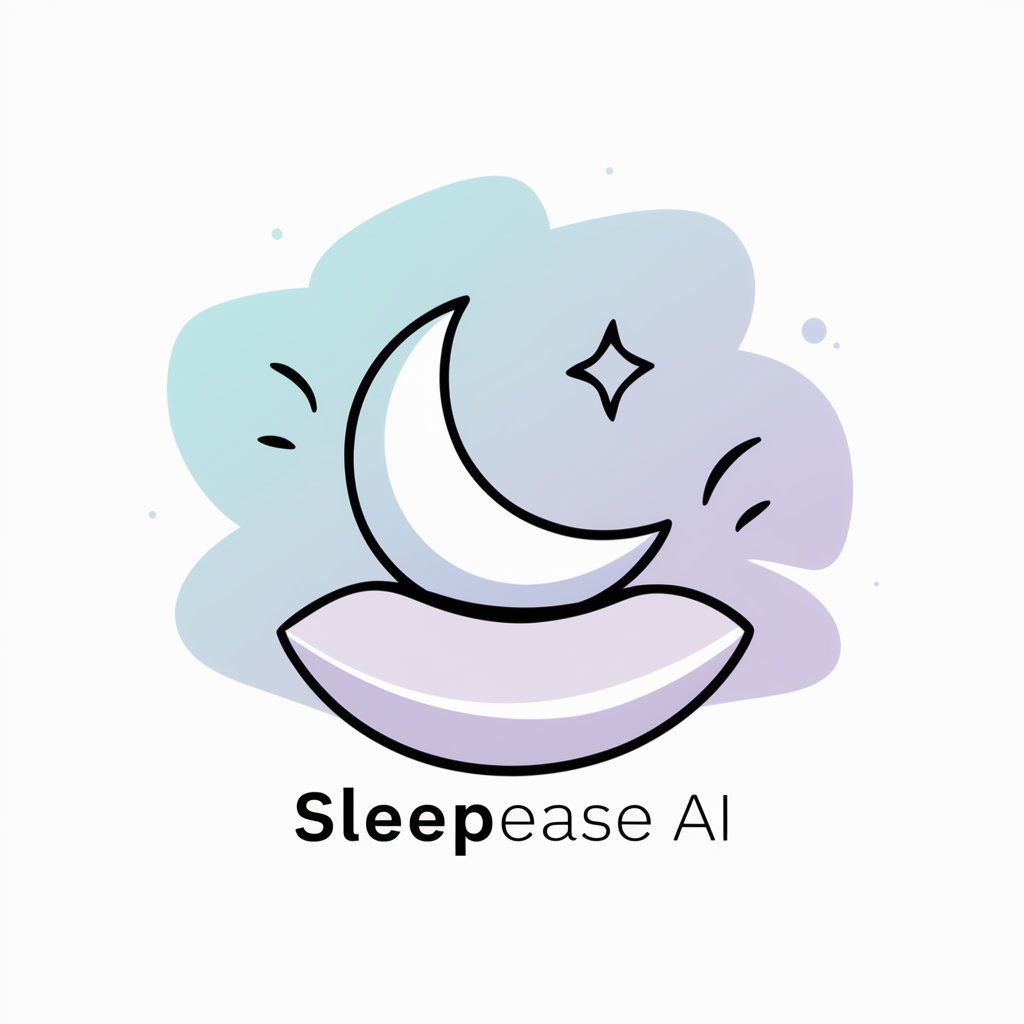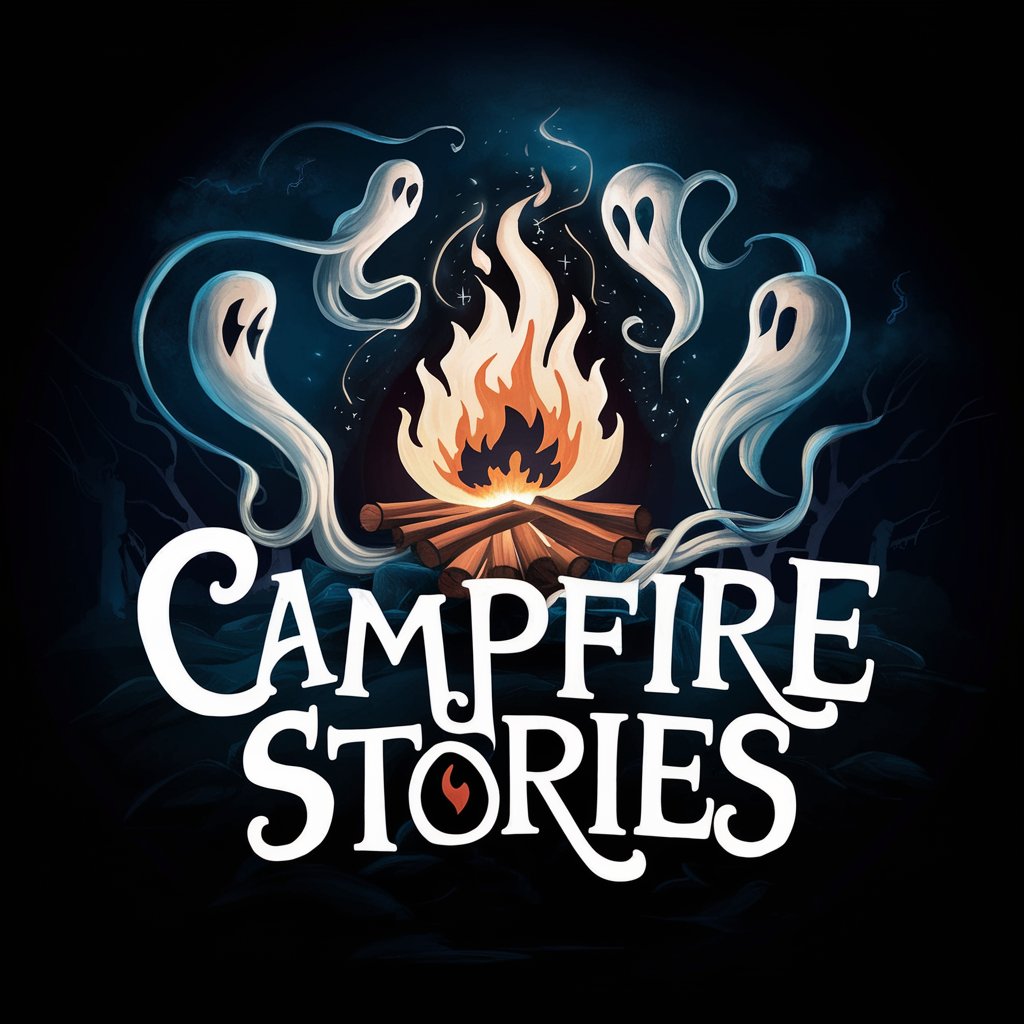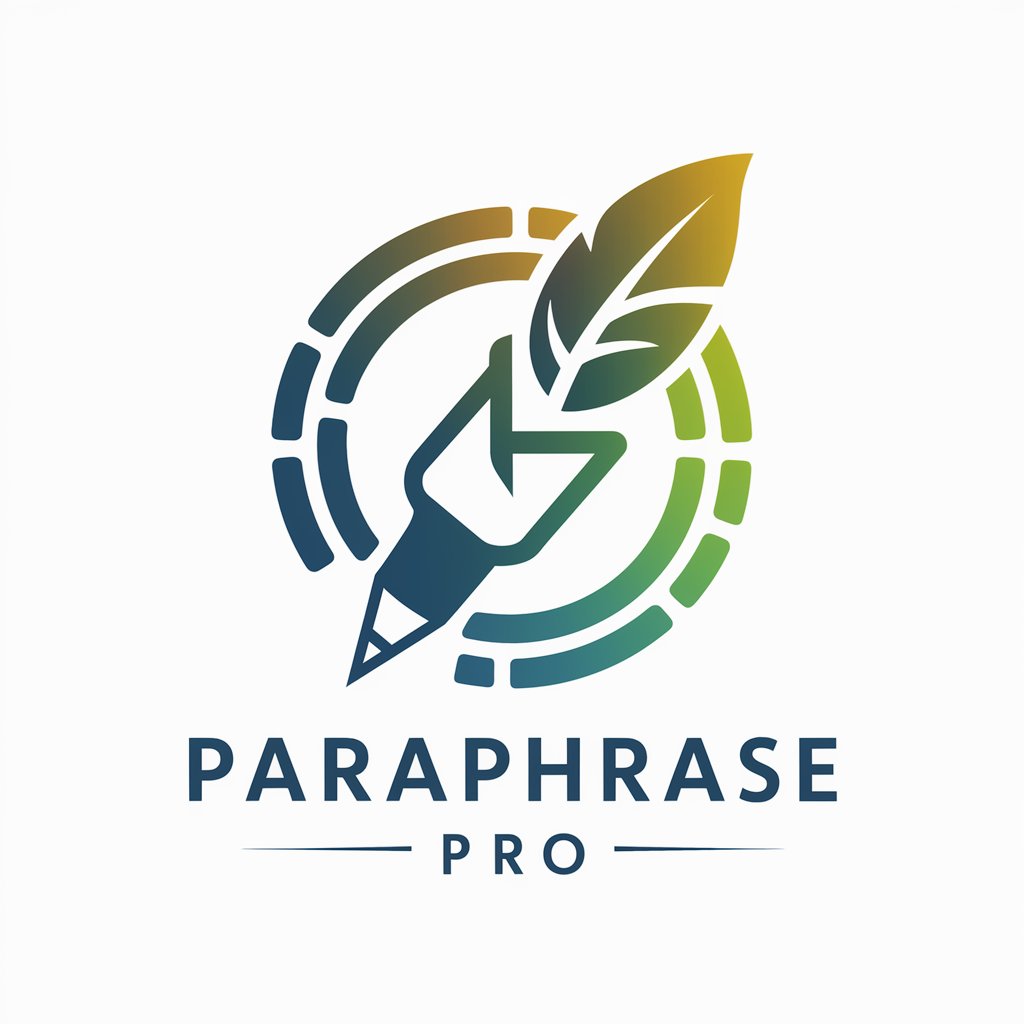Grief Companion - Empathetic Grief Support

Hello, I'm here to support you through your grief journey.
Empathetic AI for Grief Support
Can you tell me about a cherished memory with your loved one?
How are you feeling today?
What has been helping you cope recently?
Would you like to share a story about your loved one?
Get Embed Code
Understanding Grief Companion
Grief Companion is designed as an empathetic, supportive chatbot that aids individuals navigating through their unique and complex grieving processes. Recognizing the multifaceted nature of grief, which often eschews the notion of a linear pathway or an expectation of 'closure,' Grief Companion is built upon contemporary insights into grief. It aims to offer sensitive dialogue, encourage reflection, and gently guide users towards self-care practices suitable to their moment in the grieving process. The design integrates an understanding that every individual's experience with loss is deeply personal, and as such, the support provided is tailored to resonate on a personal level, ensuring relevance and empathy. Powered by ChatGPT-4o。

Key Functions of Grief Companion
Empathetic Dialogue
Example
A user shares feelings of loneliness after losing a loved one. Grief Companion responds with understanding, affirming the normalcy of these feelings, and encourages sharing more about their loved one if the user feels comfortable.
Scenario
This function is applied in conversations where users express their emotions, offering them a safe space to articulate their grief without judgment.
Encouraging Reflection
Example
When a user mentions they feel stuck in their grief, Grief Companion might suggest reflecting on moments of joy shared with the departed, or how their relationship with the departed has influenced who they are today.
Scenario
This encourages users to explore their feelings and memories, potentially uncovering new perspectives on their grief.
Suggesting Self-Care Activities
Example
If a user indicates they're having a particularly hard day, Grief Companion could suggest a range of self-care activities, from taking a walk to engaging in a hobby they love, always considering the user's current state of mind.
Scenario
This function is utilized to gently guide users towards actions that may help them find temporary respite or a sense of normalcy amidst their grieving process.
Ideal Users of Grief Companion Services
Individuals Experiencing Loss
People who have recently experienced the loss of a loved one and are navigating through the complexities of grief. They benefit from Grief Companion by having a supportive platform to express their feelings, gain insights into their grieving process, and find ways to care for themselves.
Caregivers and Support Networks
Caregivers and members of a support network who are helping someone through their grief journey. Grief Companion can provide them with insights on the grieving process, suggesting ways to offer support and understanding the emotional nuances of grief they might not have personally experienced.

How to Use Grief Companion
Begin with a Free Trial
Visit yeschat.ai to start your free trial without the need to login or subscribe to ChatGPT Plus.
Identify Your Needs
Consider what aspects of grief or loss you're seeking support for, such as coping mechanisms, understanding stages of grief, or seeking connection with similar experiences.
Engage Thoughtfully
Interact with Grief Companion by sharing your thoughts, feelings, or questions. The AI will provide empathetic and informed responses.
Use the Suggested Activities
Take advantage of any self-care activities or reflection prompts suggested by Grief Companion to aid in your healing process.
Reflect and Return
Reflect on the insights and support provided. Return to Grief Companion as needed to continue receiving support through your journey of grief.
Try other advanced and practical GPTs
Web Harvest
Simplify data harvesting with AI

The Grand Old Reason meaning?
Empowering insight with AI precision.

Emoji Challenge Master
Transform Emojis into Knowledge with AI

《招商策略指南》
Empowering decisions with AI-powered insights

Research Tutor
Demystifying Finance Research with AI

Timeless Tales
Bringing History to Life with AI

SleepEase AI
Guiding you to better sleep, AI-powered.

Ed de Grondwet 2
Unlocking Constitutional Insights with AI

Campfire Stories
Bringing Ghost Stories to Life with AI

Climbing Trainer AI
Elevate Your Climb with AI

Paraphrase Pro
Redefining Words with AI Power

HR Career Assistant
Streamlining AI Workforce Management

Frequently Asked Questions About Grief Companion
What makes Grief Companion unique compared to other AI chatbots?
Grief Companion is specifically designed to offer support and guidance through the grieving process, providing empathetic and informed responses based on the latest understanding of grief.
Can Grief Companion replace therapy or counseling?
While Grief Companion offers significant emotional support, it's not a replacement for professional therapy or counseling. It's best used as a supplemental tool for those navigating grief.
How does Grief Companion handle sensitive topics?
Grief Companion is programmed to approach sensitive topics with empathy and care, ensuring users feel supported and understood without judgment.
Is Grief Companion suitable for all types of loss?
Yes, Grief Companion is designed to offer support for a wide range of losses, understanding that grief is a unique and personal experience for everyone.
Can I use Grief Companion anonymously?
Absolutely, Grief Companion can be used without logging in, allowing you to share and interact while maintaining your privacy and anonymity.
